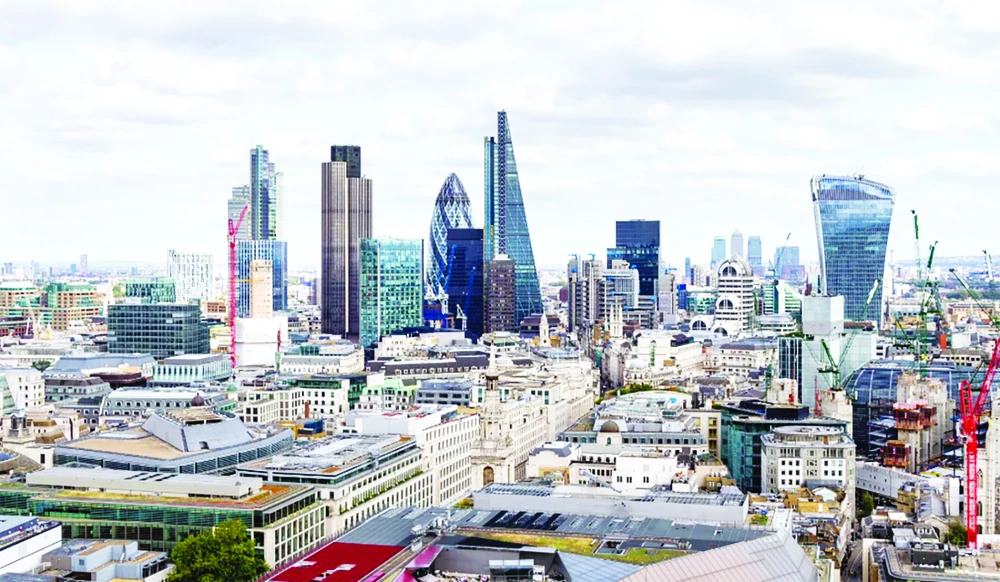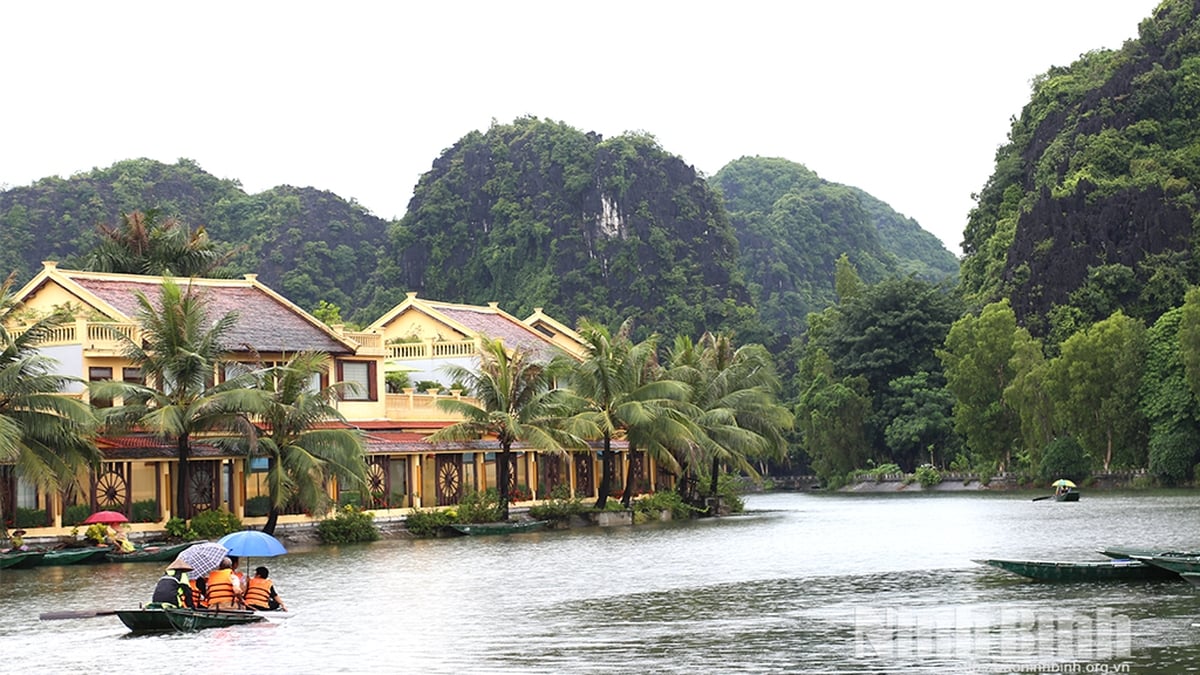Researchers from University College London (UCL) and the University of Exeter have found that painting roofs white in London, UK could save hundreds of lives during the record-breaking summer.

Researchers found that light-coloured cool roofs installed on all of London's rooftops could cool the city by around 0.8 degrees Celsius. They said this could prevent 32% of the 786 heat-related deaths that occurred in London in June, July and August 2018.
“When widely adopted, cool roofs could significantly reduce ground-level air temperatures across a city,” said Dr Charles Simpson from the UCL Department of Environment, Energy and Resources. “The city-wide cooling effect would save lives and improve the quality of life for residents across the urban area.”
Covering entire rooftops in London with solar panels could also help reduce heat-related deaths, while also generating energy, the study authors said. This could cool the city by around 0.3 degrees Celsius, and the panels would also generate 20 terawatt hours (TWh) of electricity, more than half of London’s energy use in the whole of 2018. “Solar panels have the huge benefit of being a renewable energy source, so it’s good to see that they don’t make the city any hotter,” added Dr Simpson.
Norway also has a novel solution: mounting solar panels vertically rather than tilting them as is common. Vertical solar panels can produce up to 20% more energy, making them valuable in regions with harsh, dark winters where maximizing energy output is important, and traditional tilted panels tend to overheat when the sun is too strong. “The lower operating temperature corresponds to increased efficiency,” explains Bas van Aken, a scientist at the TNO Netherlands Institute of Technology Congo.
Finding ways to cool cities is becoming increasingly important as the world warms, with more than half of the world’s population living in urban areas. Hot summers like 2018, while rare at the time, are becoming more common due to climate change. The summer of 2024 is set to be the hottest summer on record, after the record-breaking summer of 2023.
The UK is particularly vulnerable because an estimated 83% of the population lives in urban areas. Urban environments absorb a lot of heat and are often several degrees warmer than the surrounding area. This effect, known as the “urban heat island”, causes buildings, roads and other infrastructure to absorb and re-emit more heat from the sun than the natural landscape, making cities hotter.
White roofs are a common sight in the hotter countries of southern Europe and northern Africa. Light-colored roofs absorb less radiant energy from the sun than traditional dark-colored roofs. This can help keep cities cooler and the temperatures inside buildings lower.
“The need for cities to adapt to climate change is clear,” said Professor Tim Taylor, co-author of the study from the University of Exeter. “Changing our roof spaces offers a viable solution that could reduce heatwaves for people living in urban areas and capture potential benefits, including energy generation.”
LAM DIEN
Source: https://www.sggp.org.vn/giai-phap-chong-nong-tu-anh-post763085.html

































































































Comment (0)